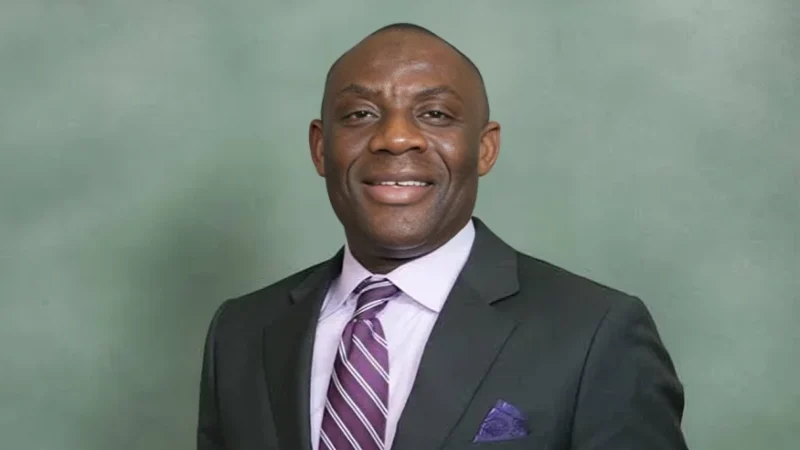Federal Government invests ₦47 billion in agricultural and medical education, emphasizing mechanized farming and workforce development.
The Federal Government of Nigeria has announced a groundbreaking allocation of ₦47 billion to transform agricultural and medical education nationwide. The funding is part of a strategic effort to enhance food security and strengthen Nigeria’s healthcare workforce.
This initiative, unveiled by Dr. Tunji Alausa, Minister of Education, during a meeting with Pro-Chancellors of federal universities in Abuja, underscores the government’s commitment to aligning education with critical national priorities.
Allocation Breakdown
The ₦47 billion will be directed toward two primary sectors:
- Agricultural Institutions:
- ₦30 billion is dedicated to universities with faculties of agriculture.
- Each institution will receive ₦1 billion to establish mechanized farms, enhancing productivity and innovation.
- Dr. Alausa emphasized that all agricultural faculties must adopt mechanized farming and livestock production to meet President Bola Tinubu’s food security goals.
- Medical Schools:
- ₦17 billion will be distributed among 18 medical schools nationwide.
- The funds will be invested in high-impact projects, improving the training of doctors, dentists, pharmacists, and nurses.
- This allocation aims to address Nigeria’s shortage of healthcare professionals while equipping medical students with modern training facilities.
Dr. Alausa highlighted the importance of mechanized farming as a cornerstone of agricultural innovation. He stated:
“Every university with a faculty of agriculture will be required to set up mechanized farming and livestock production. We are putting aside ₦30 billion for this initiative.”
The ₦17 billion earmarked for medical schools targets an urgent need for more trained healthcare providers in the country. Dr. Alausa said:
“This funding aims to strengthen Nigeria’s medical workforce, focusing on high-impact projects for medical education.”
Focus on Universities’ Core Mandates
Dr. Alausa also addressed deviations from the original missions of some specialized universities. He cited examples of universities of agriculture and technology offering courses unrelated to their mandates, such as accounting and insurance programs. The minister stressed:
“Universities must align with their core mandates to ensure effective educational delivery and relevance.”
University councils were urged to uphold transparency in budget and procurement processes. Dr. Alausa emphasized their supervisory role, adding:
“The ministry will support you to create an enabling environment for universities to function effectively.”
Yayale Ahmed, Chairman of the Committee of Pro-Chancellors, commended the government for the initiative, noting its potential to foster better governance and innovation in universities.







![JUST IN: U.S. Embassy Announces $175,000 Education Grant for Nigerian Students [HOW TO APPLY] U.S. Embassy Announces $175,000 Education Grant for Nigerian Students](https://reportafrique.com/wp-content/uploads/2024/12/images-2024-12-12T190208.802-260x195.jpeg)


Join our Channel...